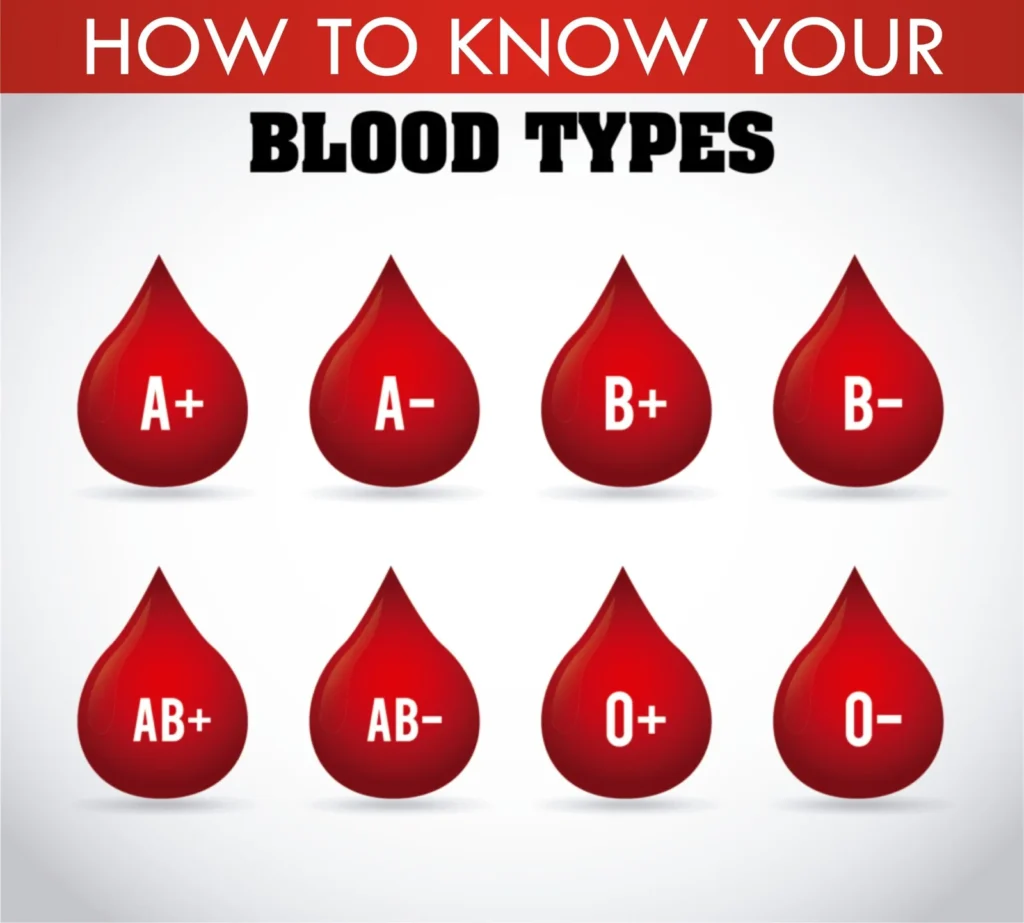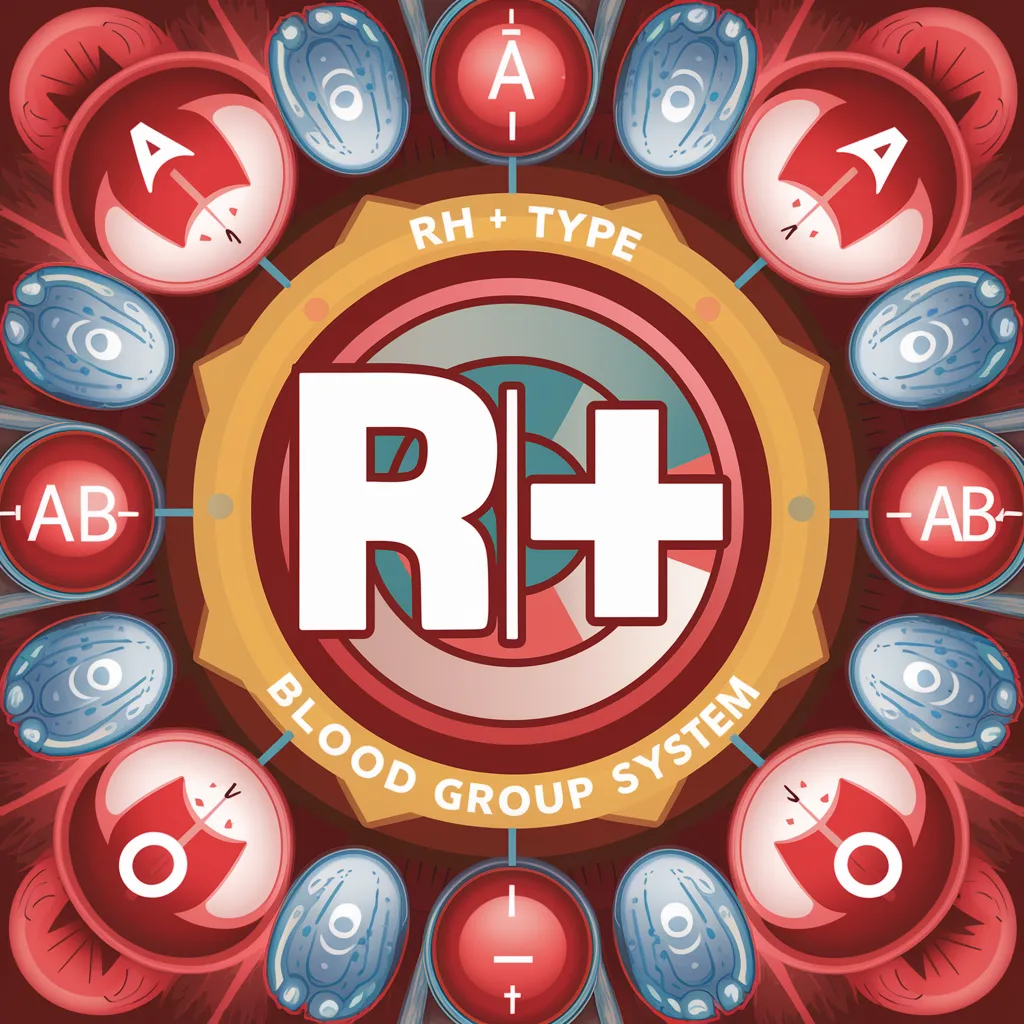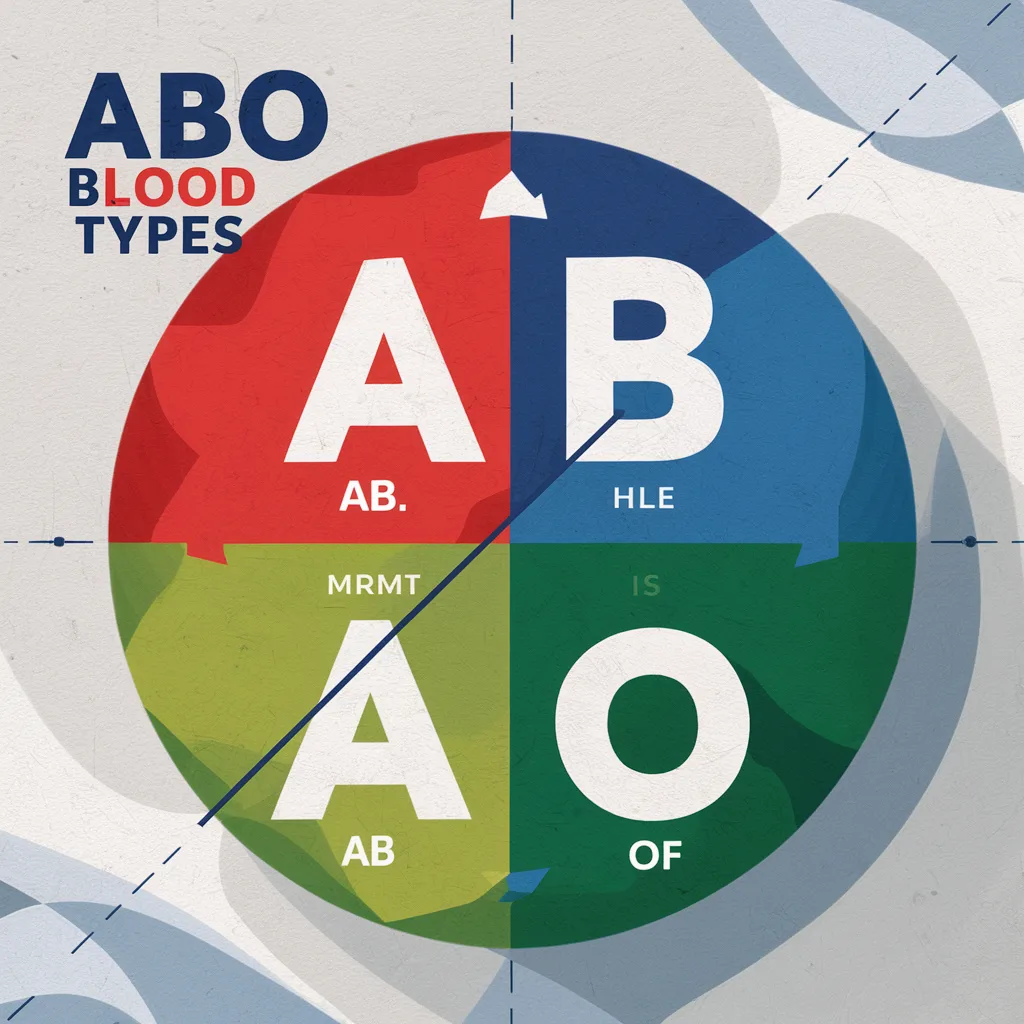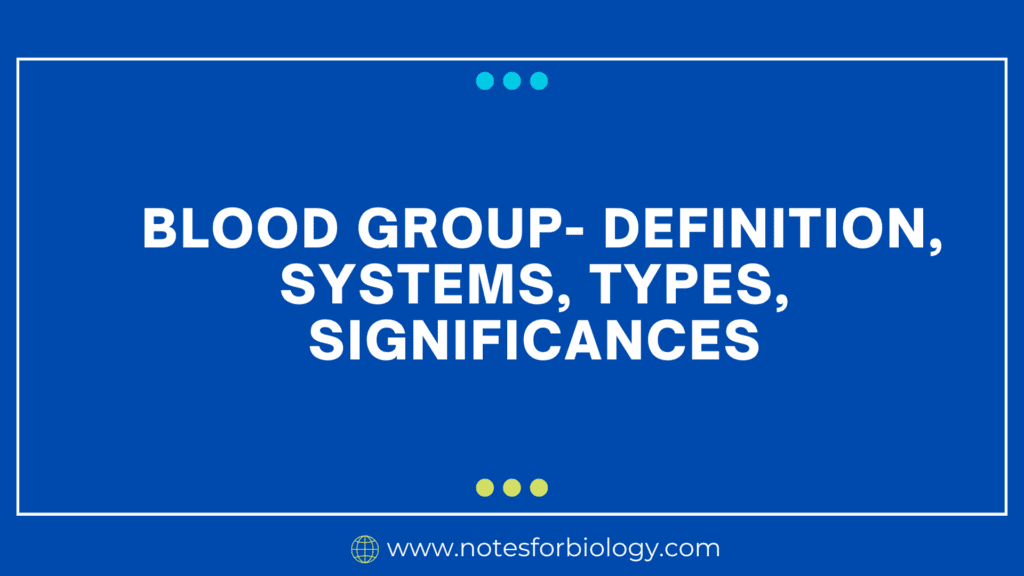Blood group, or blood type, is the classification of blood based on the presence or absence of particular antigens on the surface of red blood cells. These antigens determine compatibility for blood transfusions and play an important role in immunological responses.
Table of Contents
What is Blood Group?
A blood group, also known as a blood type, is a classification of blood determined by the presence or absence of particular antigens on the surface of red blood cells. These antigens are molecules that can elicit an immune response when detected as foreign by another person’s immune system. The most well-known blood systems are ABO and Rh.

Blood Group Systems
1. ABO Blood Group System
- The most widely recognized and clinically significant blood system.
- Determines if red blood cells have A and B antigens.
- Blood types are A, B, AB, and O, according to the presence or lack of A and B antigens.
- Antibodies in the plasma include anti-A and anti-B antibodies, among others.
2. Rh Blood Group System

- Determines whether red blood cells contain the Rh antigen (also known as the Rh factor).Blood types are Rh-positive (Rh+) if the antigen is present and Rh-negative (Rh-) otherwise.
3. Other Blood type Systems
- They contain extra antigens and are used less frequently in regular blood typing.
- Examples include the Kell, Kidd, Duffy, and MNS systems.
Types of Blood
1. ABO Blood Types

- Type A: Red blood cells carry A antigens, and plasma contains anti-B antibodies.
- Type B: Red blood cells carry B antigens, while plasma contains anti-A antibodies.
- Type AB: Red blood cells contain both A and B antigens but no A or B antibodies in the plasma.
- Type O: Red blood cells lack A and B antigens, but plasma contains anti-A and anti-B antibodies.
2. Rh Blood Types
- Rh-positive (Rh+): Has the Rh antigen on red blood cells.
- Rh-negative (Rh-): Does not have the Rh antigen on red blood cells.
Significance
1. Blood Transfusions:
- Matching blood types between donors and receivers is critical for avoiding adverse responses during transfusion.
- Individuals with certain blood types may require specific blood products due to the existence of antibodies.
2. Pregnancy and Hemolytic Disease of the Newborn (HDN):
- Incompatibility between maternal and fetal blood types, particularly in the Rh system, can result in HDN if not treated effectively.
- Rh-negative moms carrying Rh-positive fetuses may acquire antibodies to fetal Rh antigens, which could affect future pregnancies.
3. Organ Transplantation:
- Blood type compatibility is also important in organ transplantation to reduce the chance of rejection.
4. Forensic and Anthropological Studies
- Blood type compatibility is also important in organ transplantation to reduce the chance of rejection.
5. Medical Diagnosis:
- Certain diseases and ailments are associated with certain blood types or antigen profiles, which provide diagnostic and prognostic data.
6. Personalized Medicine:
- Blood type may influence susceptibility to specific diseases and responses to drugs, leading to tailored treatment options.
Frequently Asked Question(FAQ)
What is Blood Group?
A blood group, also known as a blood type, is a classification of blood determined by the presence or absence of particular antigens on the surface of red blood cells. These antigens are molecules that can elicit an immune response when detected as foreign by another person’s immune system. The most well-known group systems are ABO and Rh.
What are Significance of Blood cells?
The significance of Blood cells are
1. Blood Transfusions
2. Rh Blood Types
3. Organ Transplantation
4. Forensic and Anthropological Studies
5. Medical Diagnosis:
6. Personalized Medicine
Related Article




